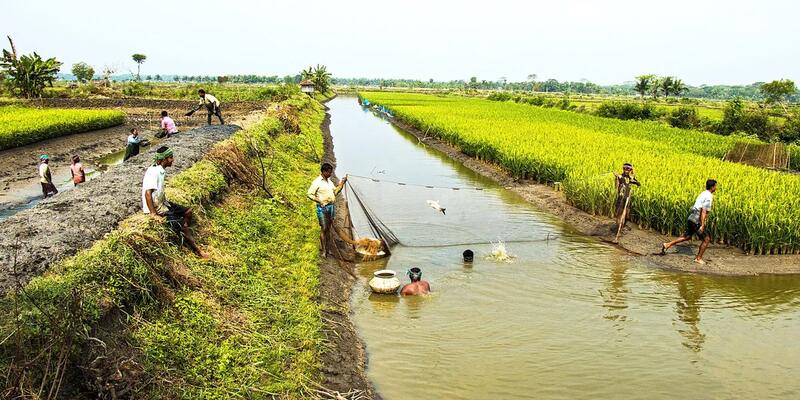The aquaculture sector stands at a crossroads of opportunity and challenge, offering avenues for urban and rural development while grappling with environmental concerns, resource limitations, and economic pressures. As the demand for seafood surges and freshwater resources dwindle, the imperative for sustainable aquaculture practices becomes ever more urgent.
Defining Sustainable Aquaculture
It embodies a commitment to environmental stewardship, economic viability, and social responsibility. It is the art of cultivating aquatic life in a manner that respects natural ecosystems, ensures profitability, and contributes positively to local communities.
Challenges Confronting the Aquaculture Sector
The challenges facing aquaculture are multifaceted and complex:
- Malnutrition and Food Security: With millions suffering from malnutrition globally, the need for nutritious food sources like seafood is paramount.
- Resource Depletion: Freshwater scarcity and overexploitation of marine resources threaten the sustainability of aquaculture.
- Environmental Degradation: Intensification of aquaculture can lead to pollution, disease outbreaks, and habitat destruction.
- Rising Input Costs: Escalating expenses for feed, energy, and land challenge the economic viability of aquaculture operations.
Unlocking the Potential of Sustainable Aquaculture
The future of aquaculture lies in its ability to address these challenges through innovation and sustainable practices:
- Environmental Responsibility: Embracing eco-friendly technologies and practices to minimize environmental impact.
- Renewable Energy Adoption: Harnessing wind, solar, and other renewable energy sources to power aquaculture operations sustainably.
- Feed Ingredient Diversification: Reducing reliance on fishmeal by incorporating plant-based and alternative protein sources in aquafeeds.
- Government Support and Policy Incentives: Providing subsidies and incentives to promote sustainable aquaculte practices.
- Organic Aquaculture Promotion: Encouraging the adoption of organic methods that prioritize natural inputs and minimize chemical usage.
Building a Sustainable Future with FISHBYTE
At FISHBYTE, we are dedicated to promoting sustainable aquaculture in the southern coastal belt of Khulna, Bangladesh. Through our innovative initiatives and community-driven projects, we are working hand in hand with local farmers to implement environmentally responsible practices that enhance productivity while safeguarding natural resources.
Our efforts encompass:
- Technology Transfer: Introducing advanced aquaculture technologies that minimize environmental impact and maximize resource efficiency.
- Capacity Building: Providing training and education to aquaculture practitioners on sustainable farming methods, disease management, and water quality maintenance.
- Community Engagement: Collaborating with local communities to raise awareness about the importance of it and foster a culture of stewardship towards marine ecosystems.
- Policy Advocacy: Working with policymakers and stakeholders to advocate for policies and regulations that support sustainable aquaculture practices and protect coastal biodiversity.
Through these concerted efforts, FISHBYTE aims to create a model of sustainable aquaculture that not only improves livelihoods but also preserves the rich marine heritage of southern coastal communities of Bangladesh.
